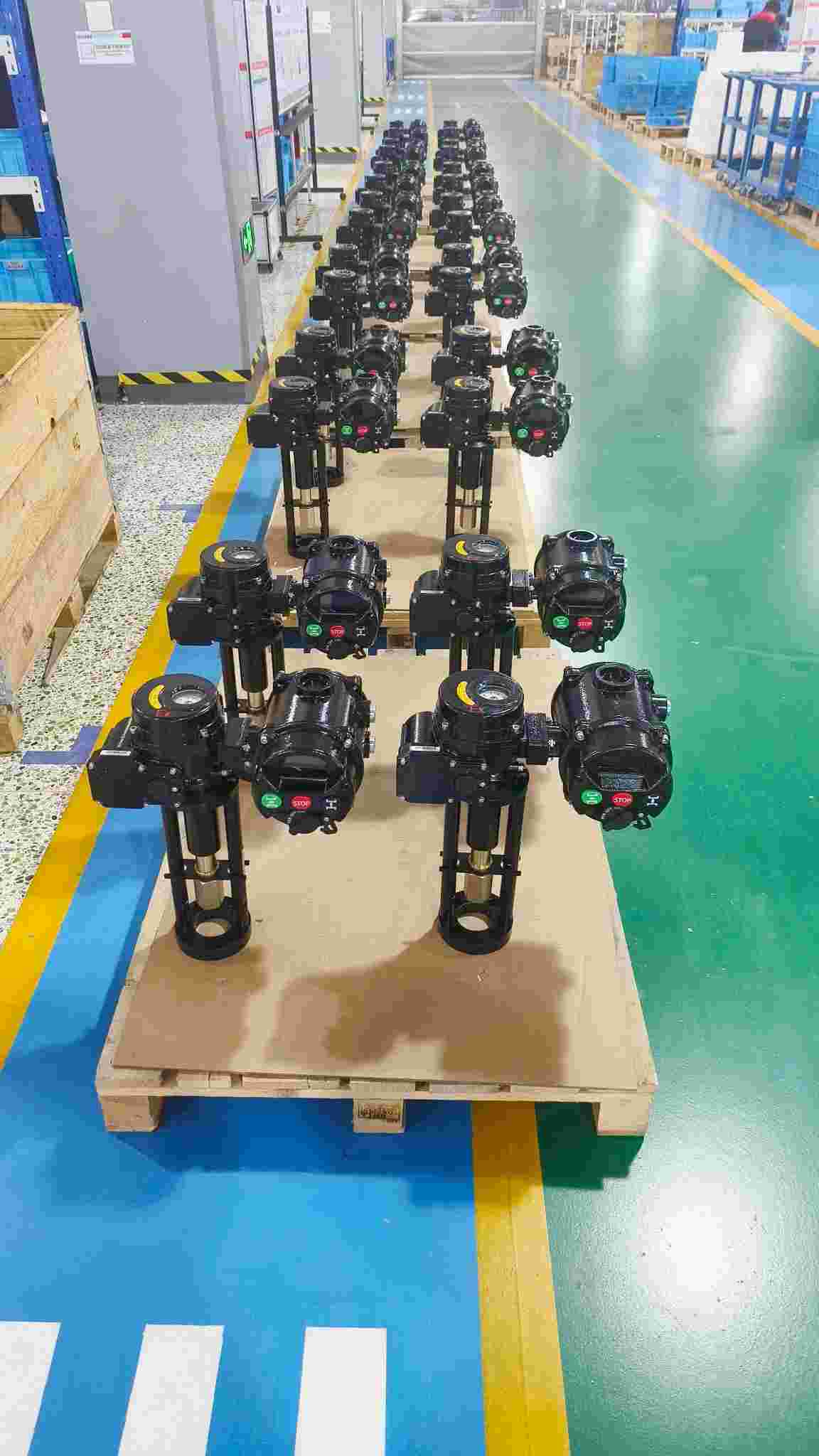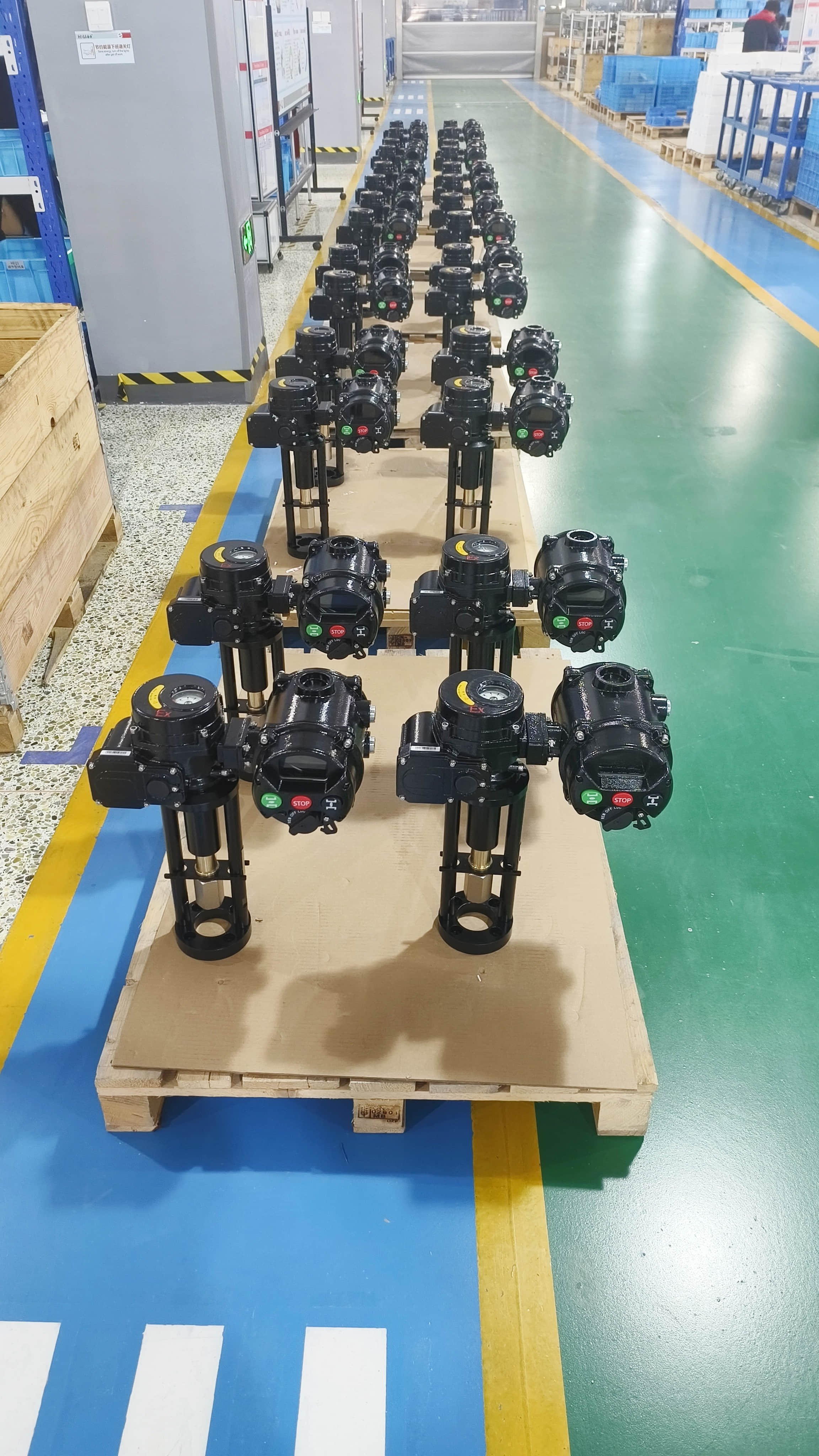
In the ever-evolving world of automation and control systems, the need for more efficient, compact, and intelligent components has become paramount. One such breakthrough technology is the Intelligent Integrated Actuator (IIA). These devices are redefining the way industries approach automation by combining multiple components into a single, streamlined unit. From robotics to manufacturing and automotive systems, intelligent integrated actuators are playing a pivotal role in improving performance, precision, and energy efficiency.
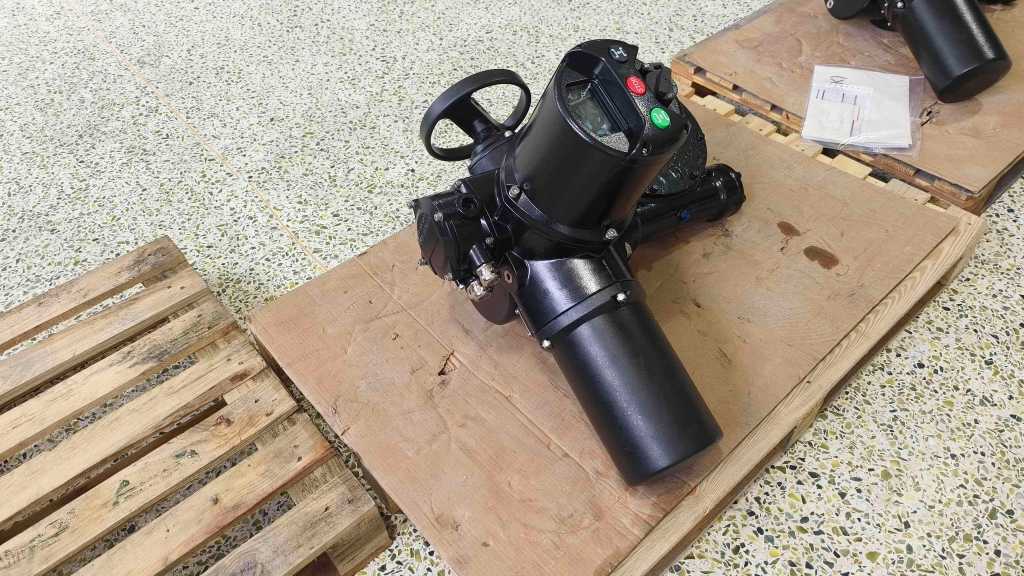
What is an Intelligent Integrated Actuator?
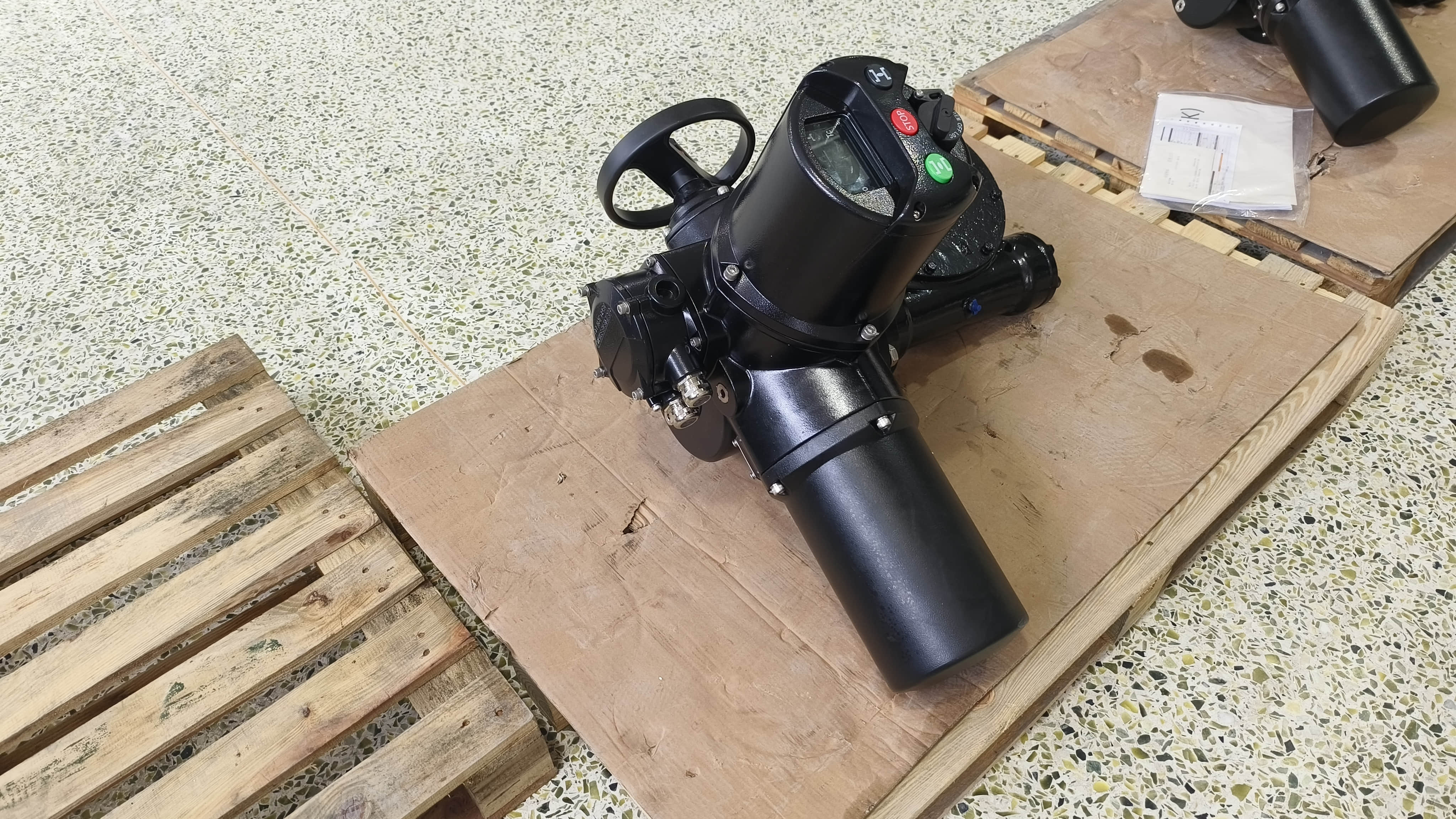
An Intelligent Integrated Actuator is a device that integrates the key functions of an actuator, such as motion generation, with control, feedback, and monitoring systems. Traditionally, actuators (such as electric motors or pneumatic systems) have been separate components, which required additional external controllers and sensors to operate effectively. However, an intelligent integrated actuator combines all these elements into a compact, self-contained unit, minimizing space and wiring complexity.
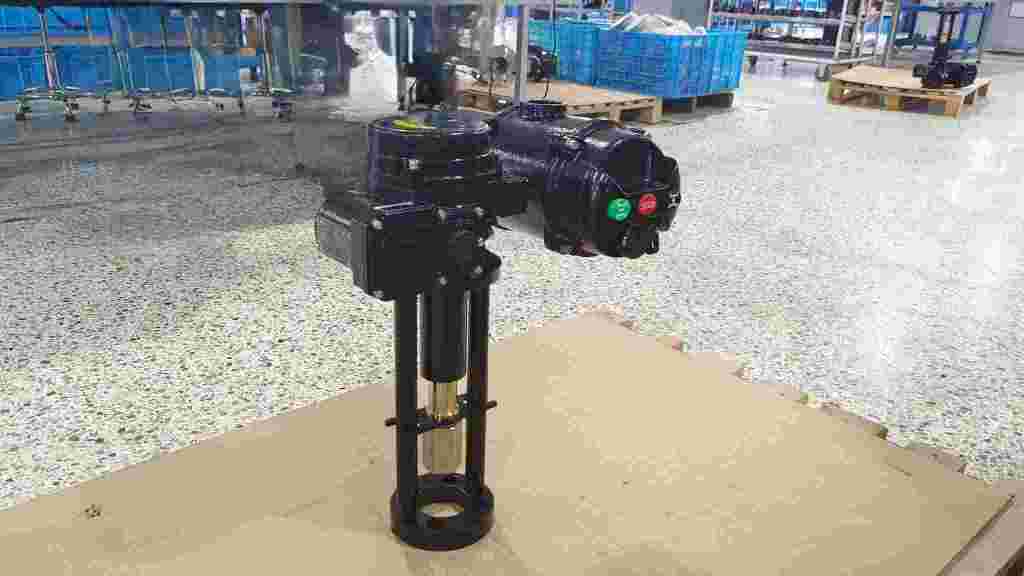
These actuators are equipped with built-in microprocessors, sensors (such as position, pressure, or temperature sensors), and feedback loops. This allows them to not only carry out tasks with great precision but also to adapt to changing conditions and provide real-time diagnostic information, improving system reliability and reducing downtime.
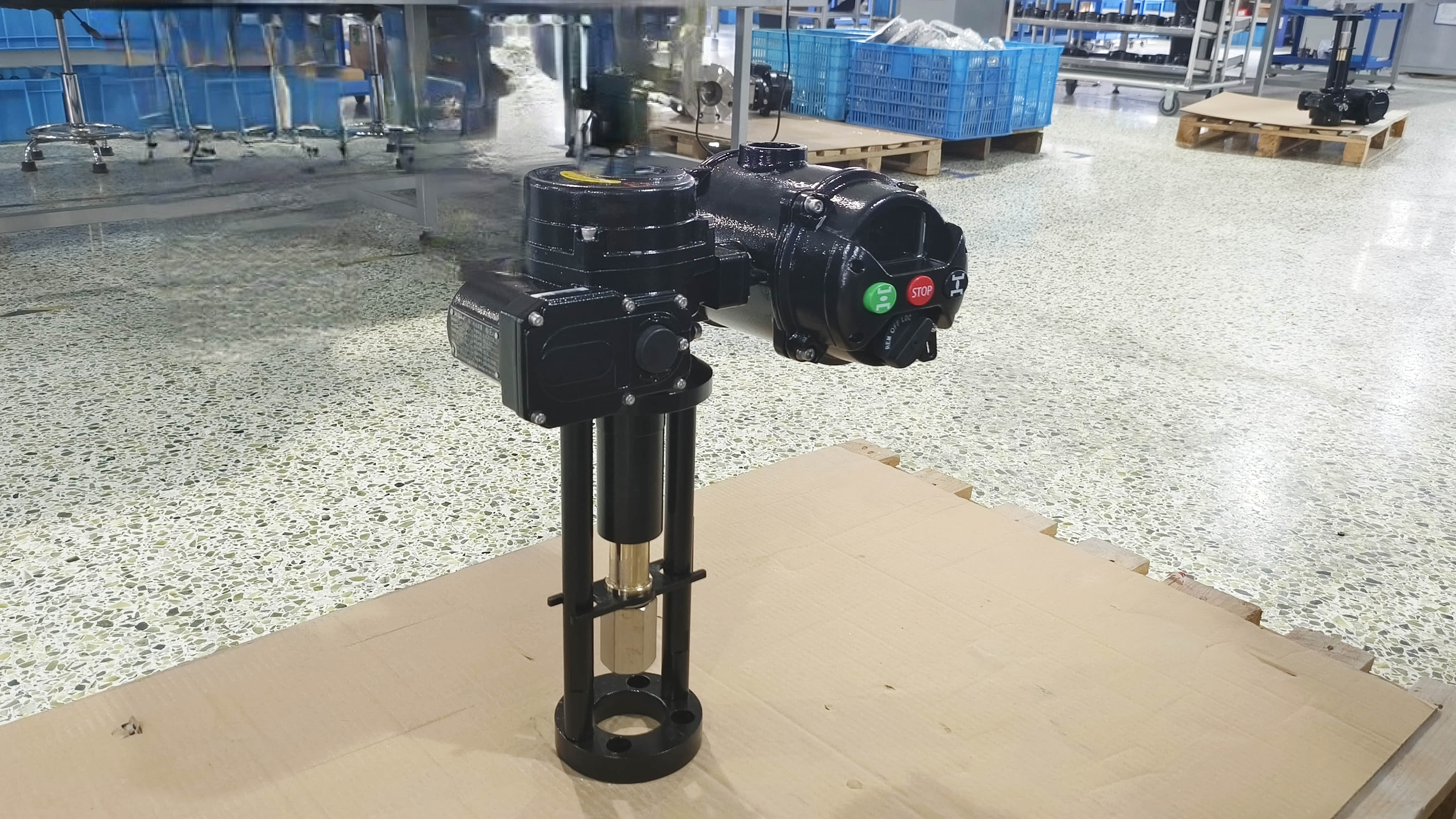
Key Features of Intelligent Integrated Actuators
